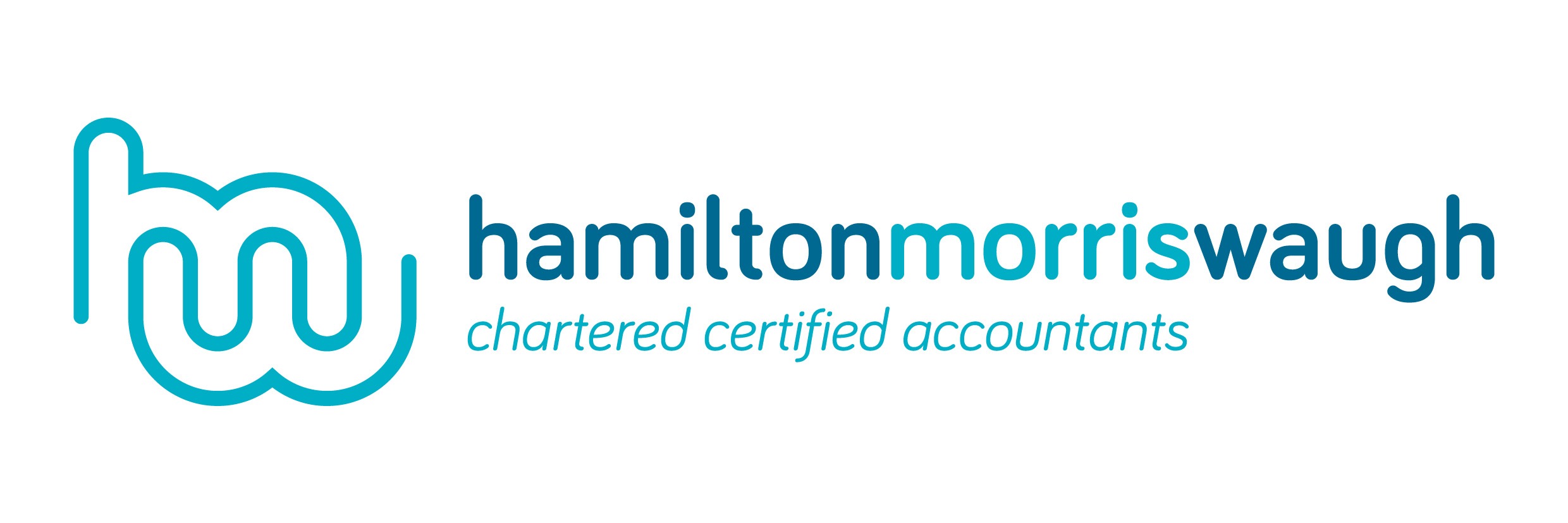Community pharmacies are often dynamic and fast-paced, with owners often managing both duties of care to patients and their business’s financial performance.
Moreover, the rules and regulations surrounding pharmacy practice income streams can be challenging to navigate – and with so much to organise, proper accounting can fall by the wayside.
By employing a few key strategies, pharmacies can save significantly and boost their profitability. Here’s how to maximise your savings.
Efficient stock management
Every pharmacy practice needs to keep pace with the fluctuating needs of their local community. As a result, effective inventory management is paramount.
Monitoring market trends and customer spending patterns can help keep your pharmacy well-stocked with the right products. Track NHS prescription trends to grasp the medications and health products that are in high demand.
You should also keep an eye on fluctuations in demand throughout the year. For example, there may be a higher number of medications and vaccination services. It’s a good idea to balance seasonal trends with a steady supply of regular prescription drugs, particularly for customers on long-term NHS repeat prescriptions.
Using pharmacy-specific software can also help you manage your inventory:
- Tailored solutions: Tools such as ProScript Connect or Cegedim RX are explicitly built for UK pharmacies. Their functionalities cater to the unique needs of the industry.
- Real-time tracking: These platforms can monitor stock levels in real time, alerting pharmacies of low stocks or nearing expiry dates.
- Integration with NHS systems: Being in sync with NHS prescriptions can ensure that stock levels are always aligned with demand.
Supplier contracts
Your relationship with suppliers can impact the financial health of your pharmacy. Ensuring you pay suppliers on time, asking them to keep you in the loop about their business cycles and negotiating supplier contracts can help ensure you meet customer demand while improving your profit margins.
Stay updated on NHS drug tariffs
Knowing the rates at which the NHS reimburses specific medications can help you negotiate more confidently with suppliers.
Bulk purchasing for regular NHS prescriptions
- Bulk ordering: Bulk orders for frequently prescribed medications can lead to wholesale discounts from your suppliers.
- Predictive ordering: Historical prescription data can help you predict future demand, allowing for more accurate bulk orders so you don’t under or overstock your shelves.
Optimal staff scheduling
A fine balance between patient care and efficient staffing can optimise your pharmacy practice operations and maximise savings.
Anticipate busy times
- Predictive scheduling: Think about when you usually have increased footfall in your pharmacy and schedule your staffing accordingly. That could mean putting more employees on the rota on Friday evenings and weekends but reducing staffing levels during quieter periods. Using historical data can help predict these trends.
- Flexible shifts: Instead of fixed schedules, flexible shifts can help ensure that your pharmacy practice is adequately staffed during busy hours and conserves resources during lean periods.
Maximise tax deductions
Making the most of various tax breaks can bring significant savings for pharmacies, increasing profitability and investment opportunities.
Items like blood pressure monitors, cholesterol testing kits, and diabetes screening equipment support community health and can be claimed for tax deductions.
You can also claim allowable business expenses against your taxable profits, including:
- printing costs
- office supplies
- software subscriptions
- utility bills
- rent of business premises.
An accountant can help you create a cost-cutting tax strategy for your pharmacy to maximise deductions.
Explore digital transformation
Embracing technology such as cloud accounting tools can help you modernise your pharmacy practice, promote your services and manage your finances more effectively.
To reach a larger audience, you can use social media platforms to promote services like NHS campaigns, flu jab services and health checks.
Meanwhile, implementing online booking systems can simplify the appointment process, reducing your administrative burden and helping patients get the care they need when they need it.
These tools can be handy for managing appointments for services like Medicines Use Reviews (MURs) or the New Medicine Service (NMS).
Summary
Successfully managing a pharmacy practice requires a blend of patient care and astute financial strategies. By integrating these tactics, you’ll not only be contributing to the health of your community but also ensuring the financial well-being of your business.
Seeking expert advice from seasoned pharmacy accountants can further streamline your savings and enhance overall profitability.
Get in touch to discuss your pharmacy practice.


